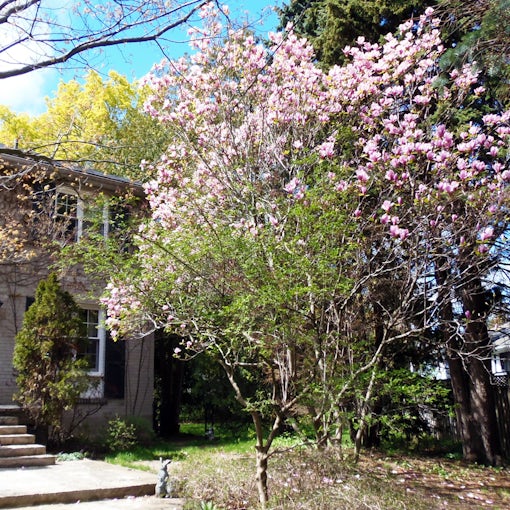You should know and you need to know the answer to this question. You maybe exposing yourself to prosecution if you do not licence or maintain a House in Multiple Occupation in England & Wales to prescribed standards.
Under one of the changes in the Housing Act 2004, your property is a House in Multiple Occupation (HMO) if it meets this description:
- An entire house or flat which is let to three or more persons who form two or more households and who share a kitchen, bathroom or toilet
HMO’s with 5 or more persons on 3 or more storeys (includes basements or 2 storey maisonettes over shops) will automatically require Mandatory Licensing under the Act. Some Local Authorities will have applied for or maybe in the process of applying for Selective Licensing or and Additional Licensing schemes. Both these schemes work in addition to Mandatory Licensing and will widen the scope of properties that must be licensed.
The legislation is complex. Not all letting agents are fully up to speed with the full detail of the legislation and many Local Authorities are only dealing with Mandatory Licensing.
As you may expect there are a number of exceptions. The full details on HMO’s and what needs licensing and what doesn’t can be found with a list of really useful FAQ’s; just click on this link to the Department of Local Government and Communities website; http://www.communities.gov.uk/housing/rentingandletting/privaterenting/housesmultiple/
Don’t be put off by the legislation, tenant demand for HMO’s is increasing. As the cost of housing continues to increase at a faster rate than personal income some individuals have to live in smaller dwellings to spread their money; i.e. bedsits or study bedrooms. Tenants have so much more to spend their money on nowadays; mobile phones, Sky, Clubbing, Online Games, PC Games and more so it is little surprise that demand for bedsits is increasing.
Tenants in this type of property will be sharing some facilities. Each potential property should be evaluated separately. Some properties will require a shared lounge others may not.
Remember to treat your tenants as customer. Provide them a well presented and well maintain property. Install connections for satellite TV and a BT phone/broadband connection point. Most prospective tenants will require basic furniture. There are strict regulations and requirements regarding soft furnishings as well as gas and electrical installations.
Carryout routine monthly communal cleaning and attend to the garden to keep the property looking its best. It will help when a prospective tenant is viewing. The costs for this service can be built in to a small additional weekly/monthly charge for services.
Either contact a professional accredited letting agent who operates in the HMO market or contact the Local Authorities Private Rented Sector Housing Officer or the Environmental Health department for advice on how best to use the property. They will give you advice on whether the property will need to be Licensed, whether you will need to apply for planning permission and what works you must carryout to comply with their standards.
HMO’s that do not fall into the Mandatory Additional or Selective Licensing groups still have to meet specified requirements.
Remember the legislation is there to protect your customer (the tenant) from unnecessary hazards.
The rewards for investors in this market sector are great and significantly higher than the conventional buy to let market. The risks over rent areas, theft and damage are also higher but manageable if you treat your tenant customer with care!








